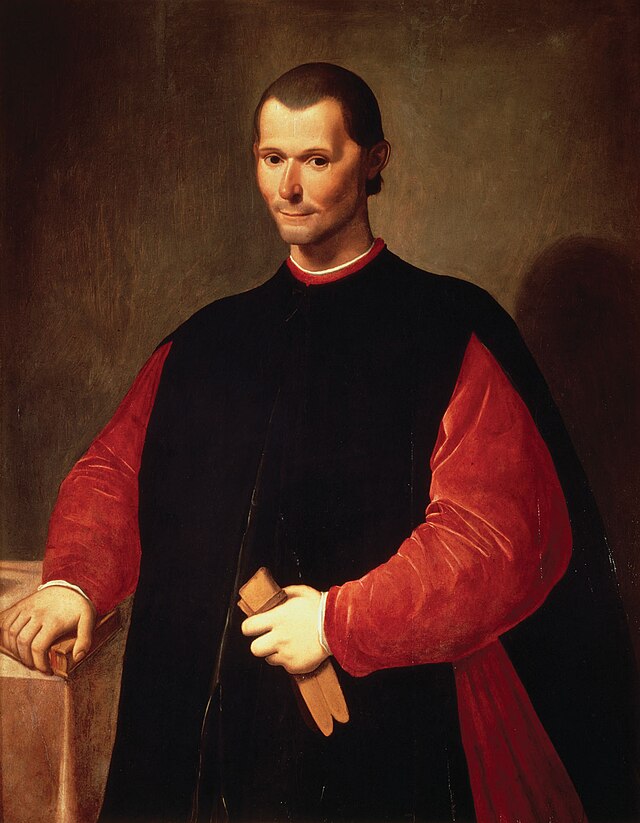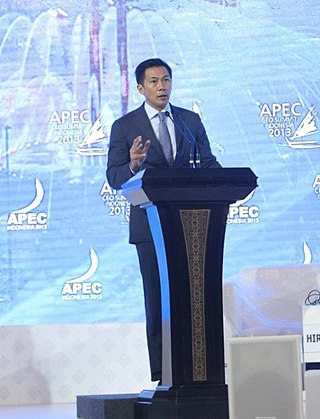
Leadership
Quality of one individual or group influencing or guiding others based on authority / From Wikipedia, the free encyclopedia
Dear Wikiwand AI, let's keep it short by simply answering these key questions:
Can you list the top facts and stats about Leadership?
Summarize this article for a 10 year old
Leadership, both as a research area and as a practical skill, encompasses the ability of an individual, group, or organization to "lead", influence, or guide other individuals, teams, or entire organizations.


"Leadership" is a contested term.[1] Specialist literature debates various viewpoints on the concept, sometimes contrasting Eastern and Western approaches to leadership, and also (within the West) North American versus European approaches.[2]
Some U.S. academic environments define leadership as "a process of social influence in which a person can enlist the aid and support of others in the accomplishment of a common and ethical task".[3][page needed][4][need quotation to verify]—in other words, as an influential power-relationship in which the power of one party (the "leader") promotes movement/change in others (the "followers").[5] Some have challenged the more traditional managerial views of leadership (which portray leadership as something possessed or owned by one individual due to their role or authority), and instead advocate the complex nature of leadership which is found at all levels of institutions, both within formal[6] and informal roles.[7][page needed][need quotation to verify]
Studies of leadership have produced theories involving (for example) traits,[8] situational interaction,[9] function, behavior,[10] power, vision[11] and values,[12][need quotation to verify] charisma, and intelligence,[13] among others.[4]